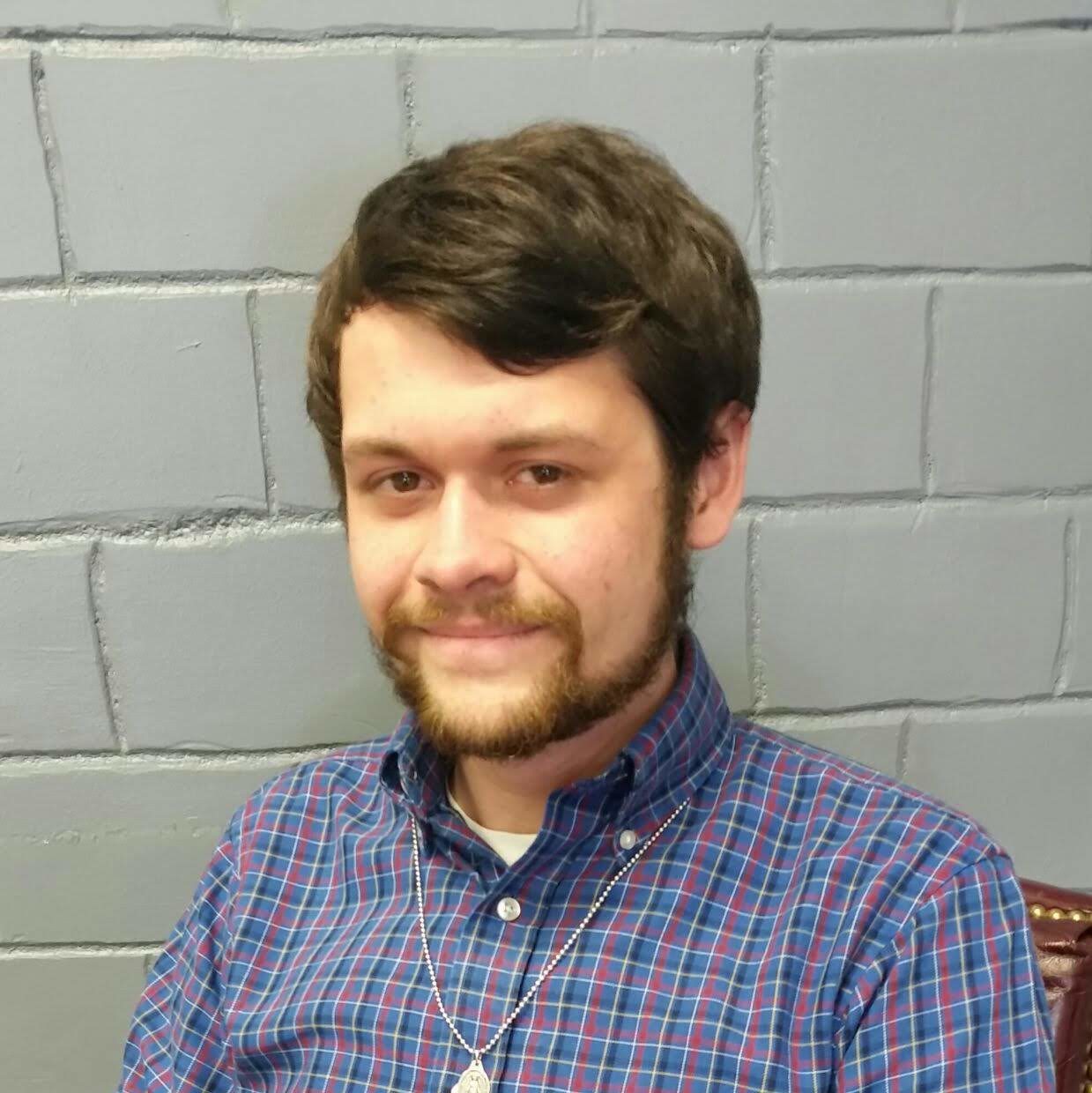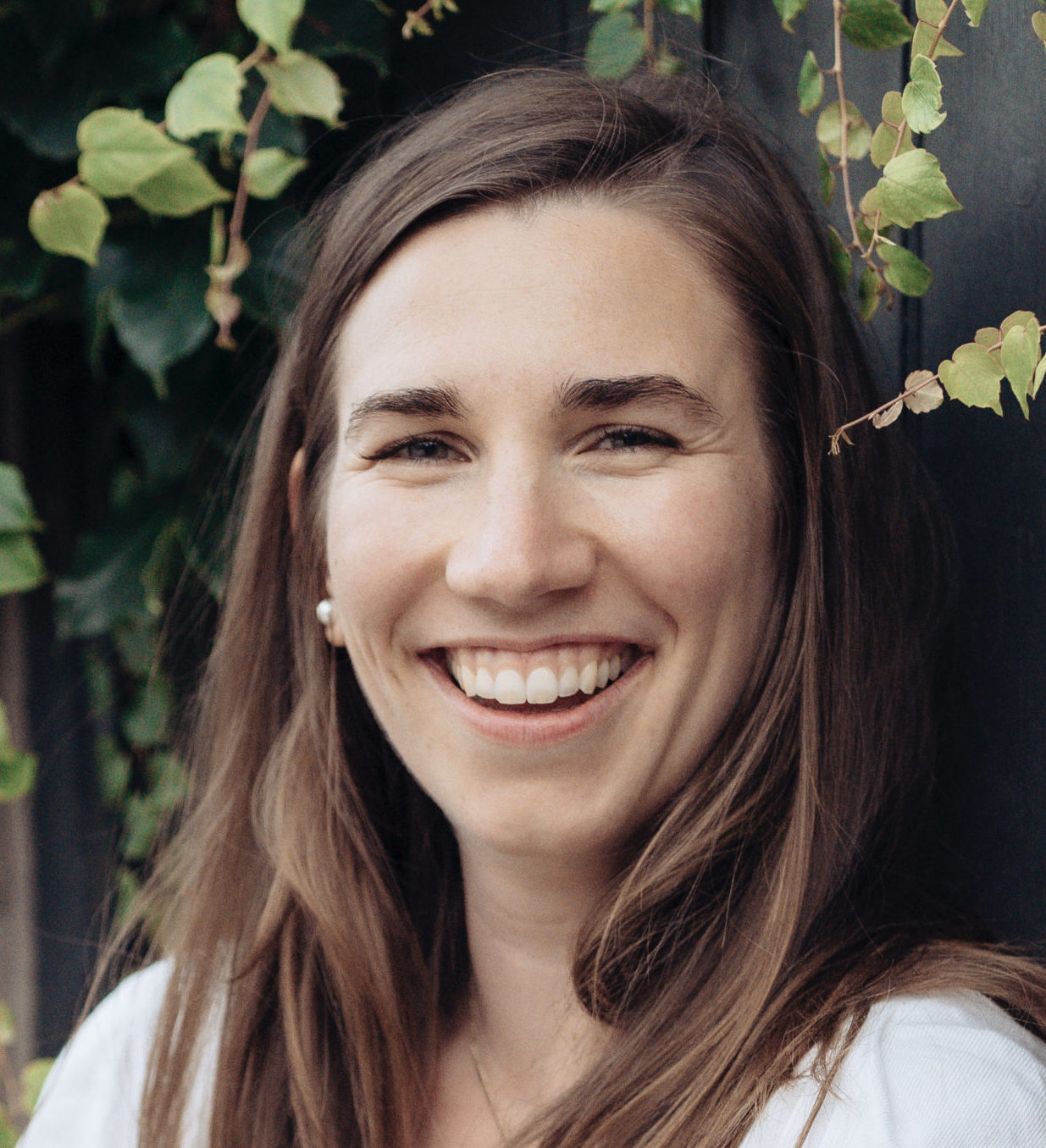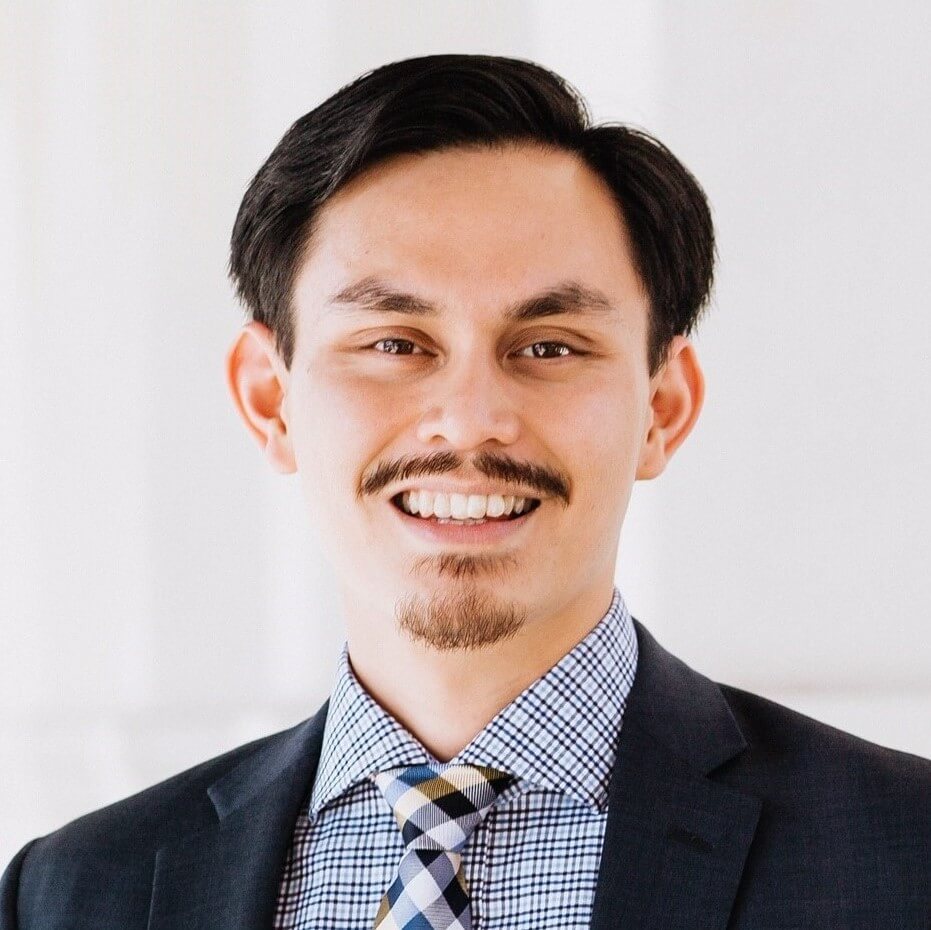General Information
The purpose of the Ph.D. program at the John Paul II Institute is the formation of students toward an understanding of person, marriage, and family, in accord with the mission of the Institute (see mission statement). The program prepares students to carry out significant research and publication and qualifies students for academic positions in universities, colleges, and seminaries. Paying special attention to the work of John Paul II, the Ph.D. program examines issues specific to the person, marriage, and the family, while it also offers a full-fledged theological formation.
For John Paul II, the link between divine revelation and human experience indicates a fundamental aspect of the Institute: human love expresses itself in history also as culture. This reality communicates not so much transient and relatively limited customs or notions as much as a new mentality acknowledging that Christ reveals the meaning of time and history. This new culture, called to generate a “civilization of love,” springs from and deepens in wonder the truth of being and invites the grateful gift of the whole self in response. This, at root, is what John Paul II meant when he stated that “the future of the world and of the Church passes through the family” (Familiaris consortio, 75).
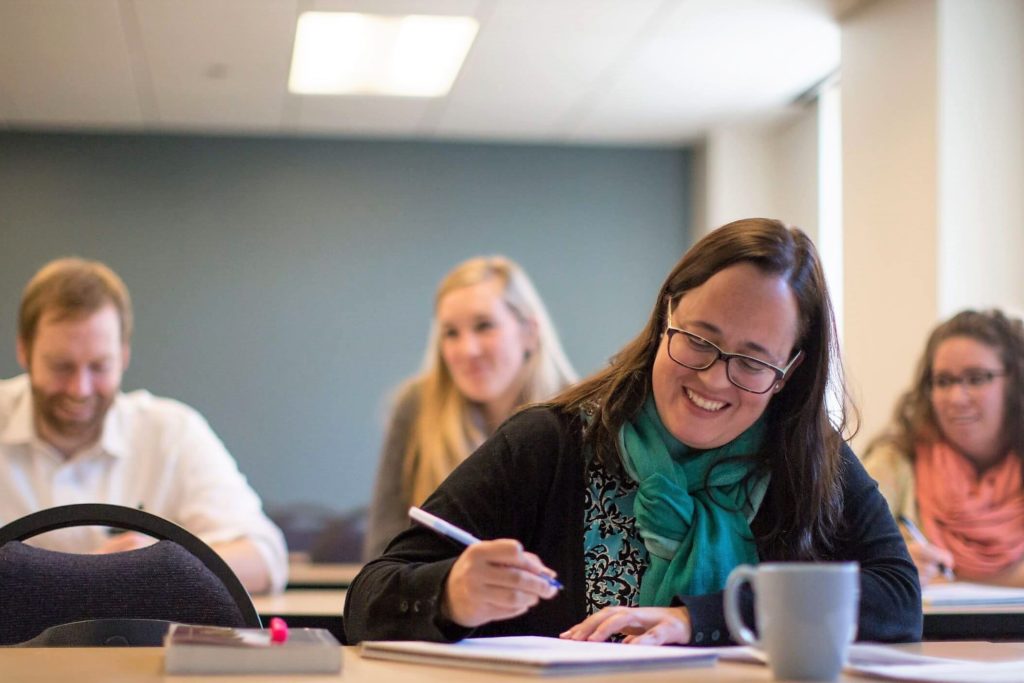
Admission to the Ph.D. program requires the successful completion of a master’s degree in theology or a related field and the completion of the application process as outlined on the application form. Prior to acceptance, an on-site interview will be required.
| Application Form | The application form may be completed online or by PDF. Links to both options are available on the Apply page. |
| Application Fee | The application fee is $75 and is non-refundable. |
| References | At least three letters of recommendation from faculty members of academic institutions formerly attended. Please ask the professors to compare your achievement with that of other students at your level and to evaluate your readiness for graduate studies. These letters must be sent directly to the John Paul II Institute by the recommender through our online portal, by mail, or by email to [email protected]. You will need to complete a waiver for each reference letter. If you are completing the application online, the waiver form is included in the online application form. If not, a copy of the waiver form must accompany the mailed or emailed letter. |
| Essays | 1. In a 1500-word essay, explain your intellectual interests and their relation to the mission of the Institute relative to the current cultural situation. You may wish to refer to the brochure “The Nature and Purpose of the Institute.” 2. Read this excerpt from Josef Pieper’s Leisure as the Basis of Culture. Write a 1500-word essay, commenting on the significance of the philosophical act in Pieper’s sense, in light of the mission of the Institute. Your essays should be formatted in double-spaced, 12-point font, and may be uploaded as part of the online application or emailed to [email protected]. |
| Transcripts | Official transcripts of all post-secondary education (sent by the institution). |
| GRE Scores | Official Graduate Record Exam (GRE) scores are required for admissions to all degree-seeking programs at the time of application. Our institutional code is 3533, and we are listed as the Pontifical John Paul II Institute. |
| Identification | 1. Electronic photo (headshot). May be uploaded as part of the online application or sent to [email protected]. 2. A copy of your birth certificate and driver’s license/state ID, or a copy of your passport. |
| TOEFL Scores and Admissions Supplement (International Student Only) | 1. Applicants for whom English is a second language must submit TOEFL scores. Our TOEFL code is 8751. 2. Applicants who are not U.S. citizens must submit a completed Admissions Supplement Form. |
The Ph.D. program is a 45-credit program (15 courses), and course work is to be completed over three years. Ph.D. students must be in residence for full-time study during the first three years of the program, and ordinarily for the two years of dissertation writing.
Proficiency in four languages is required of all Ph.D. students: scholastic-ecclesiastical Latin, New Testament Greek, and two modern languages.
Additionally, students are expected to complete successfully the two foundational works examinations at the start of the second and third years of study and qualifying examinations by the end of January of the sixth term of study.
Following completion of coursework, language requirements, foundational works examinations, and qualifying examinations, Ph.D. students must submit the dissertation prospectus by November 1 of the 7th semester of study. After the prospectus has been approved, students are expected to complete their dissertations in two years.
The Ph.D. program normally requires six semesters of full-time study in residence, plus at least two years of dissertation writing. The completed dissertation must be defended within five years of achieving candidacy for the degree. If a student is unable to defend the dissertation within this period, the student may petition the Program Advisor for a one-year extension, which will be granted if the student has demonstrated progress toward completion.
If a student fails to defend the dissertation by the five-year deadline or the extended deadline (if applicable), he or she ceases to be a candidate for the Ph.D. degree.
Program Elements
Ph.D. courses are generally offered on a three-year cycle, and students may choose any 15 courses of those offered at the Institute during their first five semesters.
Ph.D. students who are new to the Institute are typically required to take additional courses at the master’s or licentiate level. With the permission of the Ph.D. Program Advisor and the fulfillment of an additional writing requirement, one of these courses may be substituted for a Ph.D.-level course.
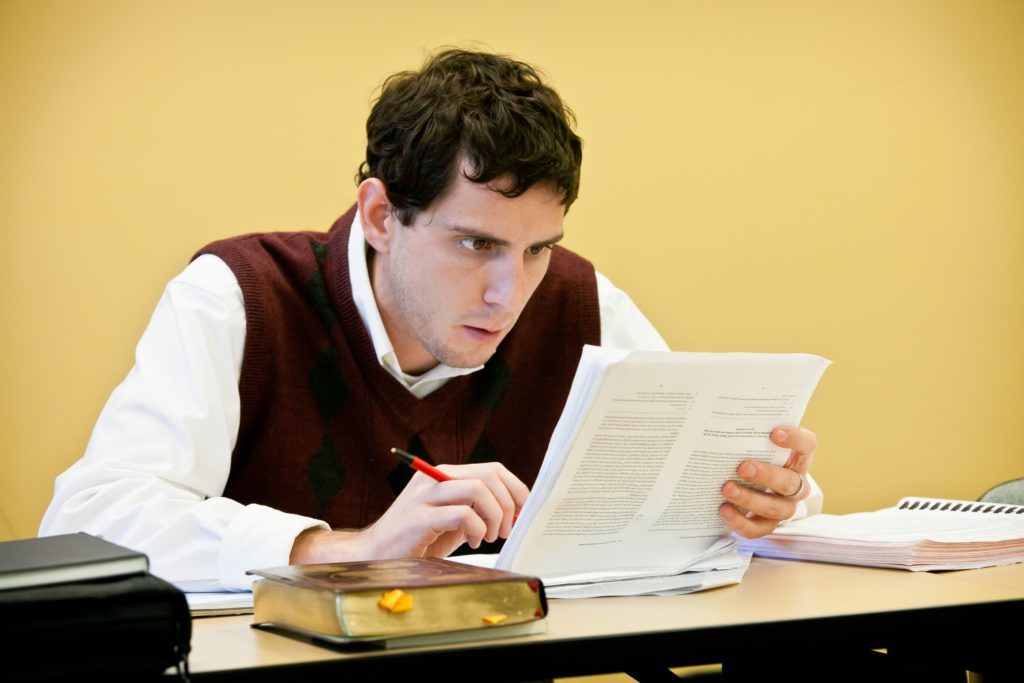
Language Proficiency
Students are required to demonstrate reading proficiency in scholastic-ecclesiastical Latin, New Testament Greek, and two modern languages (French, Spanish, Italian, German). Proficiency is ordinarily demonstrated by successful completion of a written examination administered by Institute faculty. In the case of French or German, successful completion of certain language courses at the Catholic University of America may be substituted for the written exam.
One ancient and one modern language examination must be taken before the end of the second semester. The remaining language examinations must be taken by the end of the fourth semester.
An additional language may be required, depending on the dissertation topic.
Original-Language Research
A second component of the language requirement involves the use of original-language sources in research. In two research papers prepared for doctoral seminars, students will demonstrate substantial use of primary or secondary sources in a foreign language. Each of the two papers must use sources in a different language.
The Symposium consists in monthly evening seminars on selected “Great Books” (and occasionally works of art or music), for the purpose of developing a community of conversation among all Ph.D. students and the faculty around the themes of person, God, love, marriage, and family as these have been articulated by, and shape, the tradition of Christianity and the West. This community of conversation is integral to both the method and the substance of the educational mission of the Institute. An overarching concern of the conversation is to explore the sense in which the meaning and dignity of human life are recognized and can finally be sustained only from within a culture of obedient and free gratefulness. John Paul II writes often of a “civilization of love” or again a “culture of life.” The Symposium examines civilization, love, and life as matters above all of what the Greeks termed “morphosis, (or “morphe”) of being formed, hence of “form.”
A short paper is submitted prior to each Symposium discussion.
Below is a sample three-year cycle of readings:
| Year A | Year B | Year C |
| 1. Homer, The Iliad 2. Plato, The Symposium 3. Homer, The Odyssey 4. Aeschylus, The Oresteia 5. Sophocles, Oedipus Rex and Oedipus at Colonus 6. Virgil, The Aeneid 7. Dante, The Divine Comedy | 1. Shakespeare, King Lear 2. Cervantes, Don Quixote 3. Goethe, Faust 4. Austen, Pride and Prejudice 5. Tolstoy, Anna Karenina 6. Péguy, The Mystery of the Charity of Joan of Arc 7. Dostoevsky, The Brothers Karamazov | 1. Undset, Kristin Lavransdatter (3 vols.) 2. Bernanos, The Diary of a Country Priest 3. Claudel, The Satin Slipper 4. Wilder, The Bridge of San Luis Rey and Our Town 5. Waugh, Brideshead Revisited 6. O’Connor, The Violent Bear It Away 7. Wojtyła, Radiation of Fatherhood |
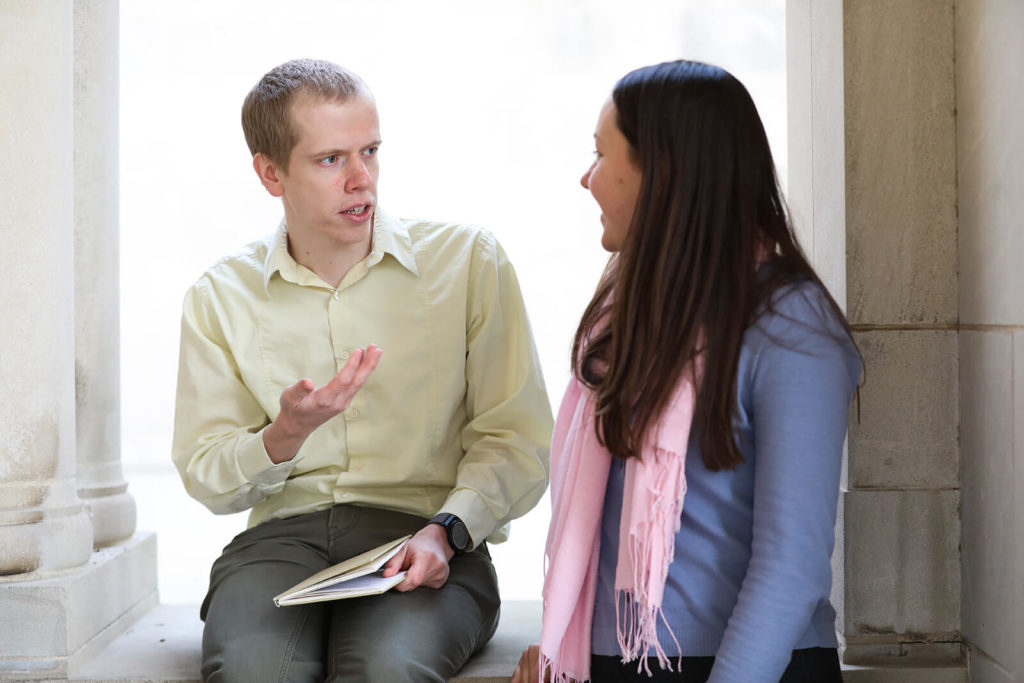
The two foundational works reading lists cultivate both the breadth and depth of students’ knowledge of theology, philosophy, and of the Catholic intellectual tradition. The two examinations based on these lists require students to demonstrate a profound grasp of the main concepts, issues, and themes contained in each of the works constituting the reading lists. The two foundational works examinations are taken one week prior to the official start of the fall term in the second and third years of study.
The foundational works reading list is available in the Ph.D. Handbook. Although some of these books appear on course bibliographies, each student is expected to read and prepare on his or her own all the books for the foundational works examinations.
The qualifying examinations consist of both written and oral components. The written component is divided into three sections and the student’s responses in these three sections are treated in the oral component.
The written component of the examination will comprise the following sections.
Section 1: Quarrel between Ancients and Moderns. What is one to make of the nature and demands of classical and medieval thought relative to the assumptions of modernity, postmodernity, and Anglo-American liberalism? How does the one thing needful as set forth in Greek philosophy (“Athens”: reason) stand with respect to the one thing needful as proclaimed by the Bible (“Jerusalem”: biblical revelation); and how does each of these stand with respect to modernity in its defining features? What are the defining features of the way of the moderns as distinct from the way of the ancients, medievals, recent Christian thought, and the Church after Vatican II? A list of required works through which these questions are examined is available in the Ph.D Handbook.
Section 2: Anthropology and Fundamental Theology and Morality. This section requires critical elucidations of the fundamental anthropological-ontological, theological, and moral teaching of Karol Wojtyła/John Paul II and Joseph Ratzinger/Benedict XVI. Students will answer questions regarding such topics as the meaning of person, being as gift, nuptiality, action, and freedom. A list of required works by each author is available in the Ph.D. Handbook.
Section 3: Contemporary Critical Issues. This section requires students to take up currently vexed issues in theology and philosophy pertinent to marriage, family, and the person. Questions will be drawn from such areas as sexual ethics, bioethics, sacramental theology, feminism, and gender, and their social, cultural, and political/juridical contexts, requiring students to discuss the current status of an issue in contemporary literature.
Each question in this section will provide a substantial excerpt from a contemporary theologian on one of the topics indicated above. The student will be asked to elucidate the argument, identify its key philosophical/anthropological principles, and evaluate the argument in light of the Catholic tradition.
The Ph.D. degree is awarded after the successful completion of the doctoral dissertation and a defense of the dissertation before the dissertation board. The dissertation should not exceed 300 pages (bibliography excluded) and should demonstrate maturity of theological judgment based on advanced graduate study. It should give evidence of research capacity and reflection commensurate with advanced study, ability to perform independent intellectual work, and comprehension of the candidate’s chosen field of study. The dissertation should be of sufficient quality to constitute a genuine contribution to that field of study and to warrant publication.
Defense of the Dissertation
After acceptance of the dissertation by the director and readers, the student must defend the dissertation in a public defense of at least two hours. The student will begin with a fifteen-minute presentation of the dissertation, which will be followed by a period of questions from each member of the dissertation board.
Dissertation Publication
Following approval of the dissertation and any required revisions, Ph.D. graduates have the option to submit their dissertations for publication by UMI ProQuest. UMI ProQuest is a national dissertation archive that allows Ph.D. dissertations to be accessible, via abstract or full text, to the scholarly community. Submission for publication is completed through the Institute’s private institutional online portal. Instructions for the submission process will be distributed upon request. Depending on the author’s selection of services from UMI ProQuest, the publication process may be free or may require the payment of several nominal fees.
The Ph.D. Program Advisor conducts an interview with each doctoral student at the end of his or her first and third years of study to review the student’s academic progress and to receive comments from the student regarding his or her progress and concerning the program itself. At this time, the Program Advisor communicates to the student the results of the periodic evaluation of his or her progress by the faculty members of the Admissions Committee.
After successful completion of the dissertation defense, each student will meet with the Ph.D. Program Advisor for an exit review of the program. A written review of the program is also requested at this time.
Ph.D. students are required to serve in research or teaching assistantships during the fourth and fifth years of study, as available. The assistantships may entail ten to fifteen hours of work per week assisting a designated professor or teaching a full-semester course offered through the Institute’s Continuing Education Program. Acceptance of assistantships is required for continued receipt of any scholarships or stipends.
